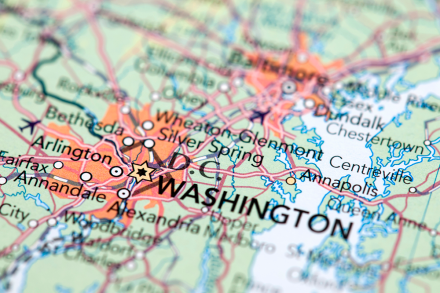My high-speed bus chase
My youngest daughter and her husband moved to New York last October. Three days after they arrived, she tripped on a step and broke her ankle. ‘So annoying, I was wearing such a good outfit, Mumma.’ They didn’t know anyone. In a boot and on crutches she tackled umpteen flights of stairs in search of permanent accommodation, avoided crazy people in the street and faced up to taciturn bank and phone-shop employees. The unfriendliness of the city upset her more than the pain and inconvenience of the break. I couldn’t afford to visit then – so when a friend, American Cathy, who’s got a second home near me in Provence,








